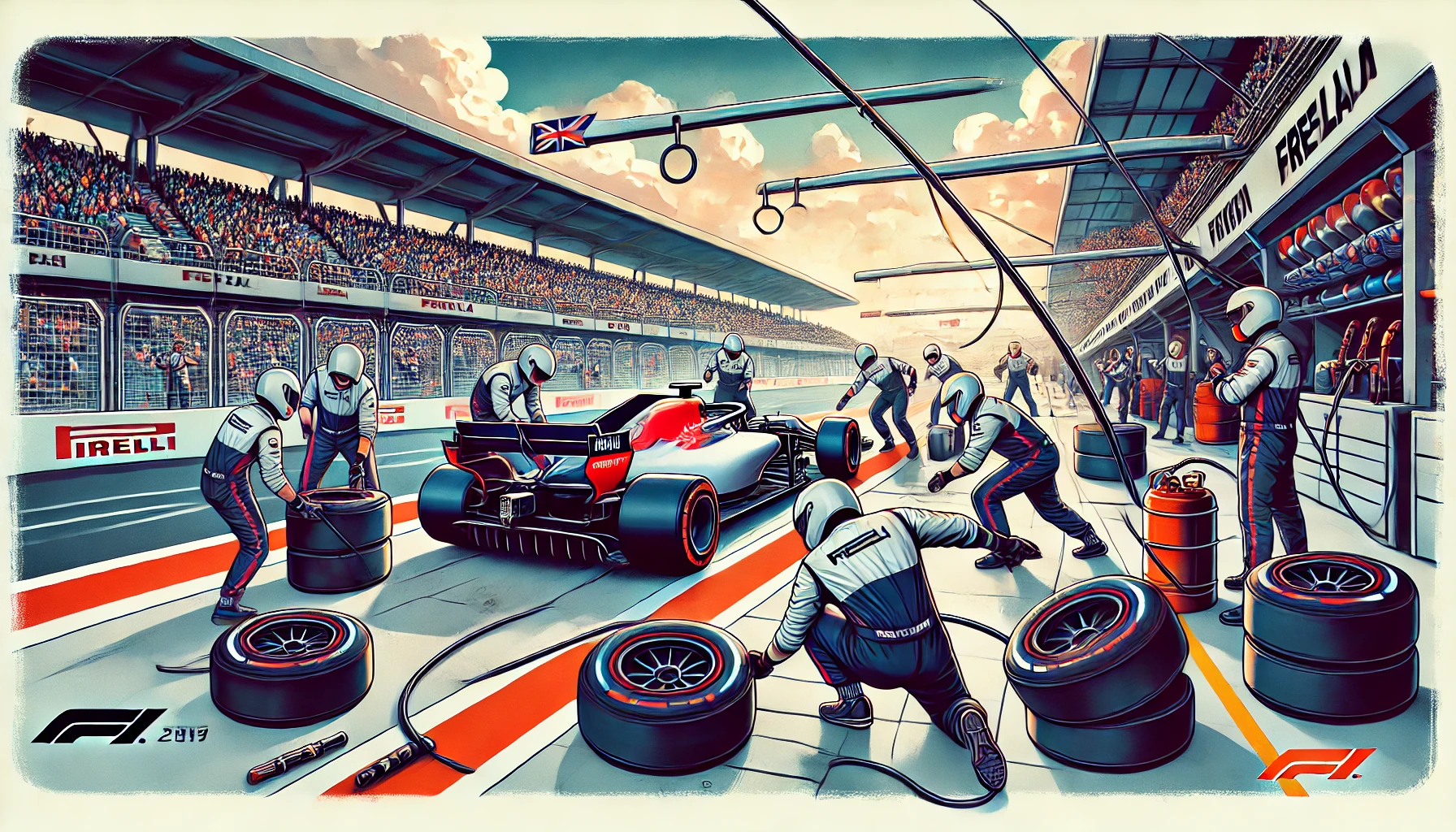How to Become a Formula 1 Mechanic – Career Path
Formula 1 represents the zenith of motorsport engineering, where cutting-edge technology meets raw speed in a high-stakes arena of precision and performance. For those dreaming of a career in the pit lane, the path to becoming a Formula 1 mechanic is both challenging and rewarding. This comprehensive guide explores the intricate world of F1 mechanics, from essential qualifications to daily responsibilities.
The Role of an F1 Mechanic: More Than Just Turning Wrenches
At the heart of every successful Formula 1 team lies a dedicated crew of mechanics who transform engineering blueprints into race-winning machines. These highly skilled professionals are far more than traditional auto mechanics – they’re precision engineers who work with some of the most sophisticated vehicles ever created.
Each Formula 1 team employs up to 25 mechanics, operating under strict FIA regulations. This elite group functions as a synchronized unit, with each member specializing in specific aspects of the car’s maintenance and optimization. From front-wing specialists to power unit experts, every role is crucial to the team’s success.
The Journey to Formula 1: Building Your Career Path
1. Educational Foundation
The journey begins with formal education in automotive technology. Successful candidates typically pursue:
- A Level 2 Diploma in Light Vehicle Maintenance and Repair
- A Level 3 Advanced Diploma in Automotive Engineering
- Higher National Diploma (HND) in Automotive Engineering
- Specialized motorsport engineering programs offered by institutions like Oxford Brookes University or Cranfield University
Many prospective F1 mechanics also benefit from apprenticeships that combine theoretical knowledge with hands-on experience. These programs often include:
- Structured workplace learning
- Mentorship from experienced mechanics
- Exposure to advanced diagnostic tools and techniques
- Safety certification and compliance training
2. Building Core Competencies
Before stepping into the high-pressure world of Formula 1, mechanics must master several fundamental areas:
- Advanced electrical systems and hybrid technology
- Composite materials and their repair
- Pneumatic and hydraulic systems
- Data acquisition and analysis
- Computer-aided diagnostics
- Precision measurement and calibration
3. Racing Experience Progression
The path to Formula 1 typically involves working through various motorsport categories:
- Club Racing: Start with local racing teams to understand basic race operations
- National Championships: Move to professional teams in national series
- Formula 3/Formula 2: Gain experience in international feeder series
- Other International Series: GT racing, endurance racing, or touring cars
- Formula 1: Entry-level positions leading to specialized roles
Life in the Formula 1 Paddock: Daily Responsibilities
Race Weekend Operations
During a Grand Prix weekend, F1 mechanics perform a carefully choreographed series of tasks:
Thursday: Setup and Preparation
- Unpack and assemble cars from shipping crates
- Perform initial systems checks
- Configure garage equipment and tools
- Prepare spare parts and components
Friday: Practice Sessions
- Execute setup changes between sessions
- Monitor telemetry data
- Perform diagnostic checks
- Make adjustments based on driver feedback
Saturday: Qualifying
- Optimize car configuration for qualifying
- Execute rapid repairs if needed
- Prepare multiple setup options
- Ensure compliance with parc fermé regulations
Sunday: Race Day
- Complete final pre-race checks
- Execute pit stop duties
- Respond to race incidents
- Perform post-race teardown
Technical Responsibilities
Modern F1 mechanics must master a complex set of technical skills:
- Data Analysis: Interpreting telemetry and sensor data to optimize performance
- Composite Repair: Working with carbon fiber and advanced materials
- Systems Integration: Understanding how various car systems interact
- Quality Control: Maintaining precise tolerances and specifications
- Documentation: Recording maintenance procedures and setup changes
The Future of F1 Mechanics
As Formula 1 continues to evolve, mechanics must adapt to new technologies:
- Increased focus on sustainable technologies
- Advanced simulation and virtual reality tools
- 3D printing and rapid prototyping
- Electric and hybrid power systems
- Artificial intelligence and machine learning applications
Essential Qualities for Success
Beyond technical skills, successful F1 mechanics possess:
- Exceptional attention to detail
- Ability to work under extreme pressure
- Strong communication skills
- Physical stamina and mental resilience
- Willingness to travel extensively
- Adaptability to changing conditions
- Team-oriented mindset
Career Development and Progression
Career advancement in Formula 1 typically follows this trajectory:
- Junior Mechanic
- System Specialist (brakes, suspension, etc.)
- Number Two Mechanic
- Number One Mechanic
- Chief Mechanic
- Team Manager
Each step requires additional skills, leadership abilities, and comprehensive understanding of Formula 1 operations.
Conclusion
Becoming a Formula 1 mechanic demands dedication, technical expertise, and unwavering commitment to excellence. While the path is challenging, the reward is a career at the pinnacle of motorsport, working with cutting-edge technology and the world’s most sophisticated racing machines. For those with the passion and determination, the journey to becoming an F1 mechanic offers an unparalleled opportunity to be part of motorsport history.


